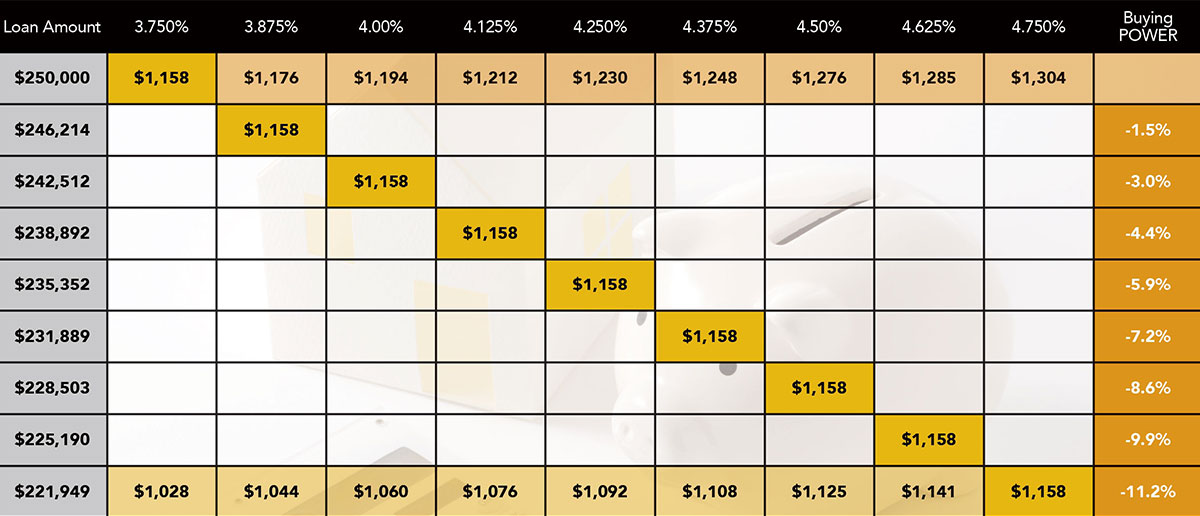How you can help your kids buy a home

Have you ever wondered if there’s a straightforward way to help your kids buy a home? Well, there is, and it’s one of the oldest programs available: An FHA loan.
Your best bet is to work with a local mortgage lender to walk you through the specifics, but here’s how it generally works:
A parent and child can be co-borrowers on a FHA loan, even though the parent won’t live in the home. Normally, FHA would require a 25% down payment for what is called a “non-occupying co-borrower” loan. Together, co-borrowers who are related by blood, law, or marriage are eligible for 100% of the maximum FHA loan they qualify for with the low-down payment features of the FHA loan.











